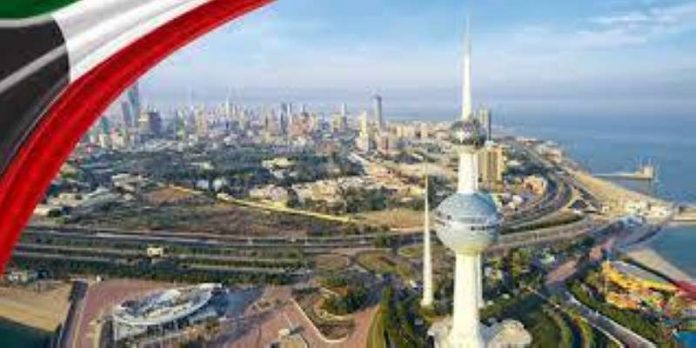Kuwait has fallen 27 places on the Economic Freedom Index 2022 issued by the International Heritage Foundation. Kuwait has slipped to 101st place in the world after ranking 74th in 2021, and it also ranked sixth in the Arab world after the UAE, Qatar, Bahrain, Jordan, and Morocco.
Al-Rai has learned Kuwait scored 58.3 out of 100 points in the general index, where its overall score is higher than the regional average, but lower than the global average, while the index classified the Kuwaiti economy as ‘mostly not free’
The index is based on 4 main factors in its classification of 177 countries — the rule of law, which means property rights; judicial effectiveness and government integrity, the open market, which means freedom of investment, trade and financial freedom; and the efficiency of the regulatory environment, which means freedom of doing business, monetary freedom and freedom of work; while the fourth factor, which is the size of the government, means the tax burden, government spending, and financial soundness.
Kuwait’s rating declined in most of these sub-indicators, with the exception of the tax burden, financial soundness, freedom of investment, and financial freedom, which remained the same compared to the previous year’s rating.
The report stated that after accelerating from 2017 to 2018 and slowing down in 2019 the Kuwaiti economy contracted in 2020 and then rebounded in 2021, however, during the same period, the weakness of economic freedom in general worsened.
Kuwait has recorded a total loss of 6.8 points in economic freedom since 2017, dropping from the “moderately free” category to the ‘mostly not free’ category. Heritage added that the fiscal soundness is strong, but government spending is weighing on the economy.
The government’s response to the “Covid-19” crisis ranked 99th among the countries included in this indicator in terms of strictness, while the economy contracted by 8.1 percent during 2020.
As for the size of Kuwait, the report indicated that no individual income taxes are imposed in Kuwait, and in contrast, foreign-owned companies and joint ventures are subject to a corporate income tax of 15 percent, and the total tax burden is 1.4 percent of total domestic income.
On the efficiency of the regulatory environment, Heritage indicated that slow bureaucracy and restrictive economic policies impede the growth of the private sector, noting that many Kuwaitis prefer government jobs and are not accustomed to working in the private sector.
With regard to open markets, the report said that the average trade-weighted tariff rate is 4.7 percent, and there are 57 non-customs measures in effect, adding that the Kuwaiti economy benefits from openness to foreign investment, although some sectors are not open. The modern financial regulator facilitates and welcomes portfolio investments, the banking sector is still well-capitalized, and a more dynamic capital market is developing.
At the regional level, the UAE came first, followed by Qatar and then Bahrain, while Algeria, Lebanon, and Egypt followed suit. The most liberal economies in the world are Singapore, Switzerland, Ireland, New Zealand, Luxembourg, Taiwan, and Estonia.

















